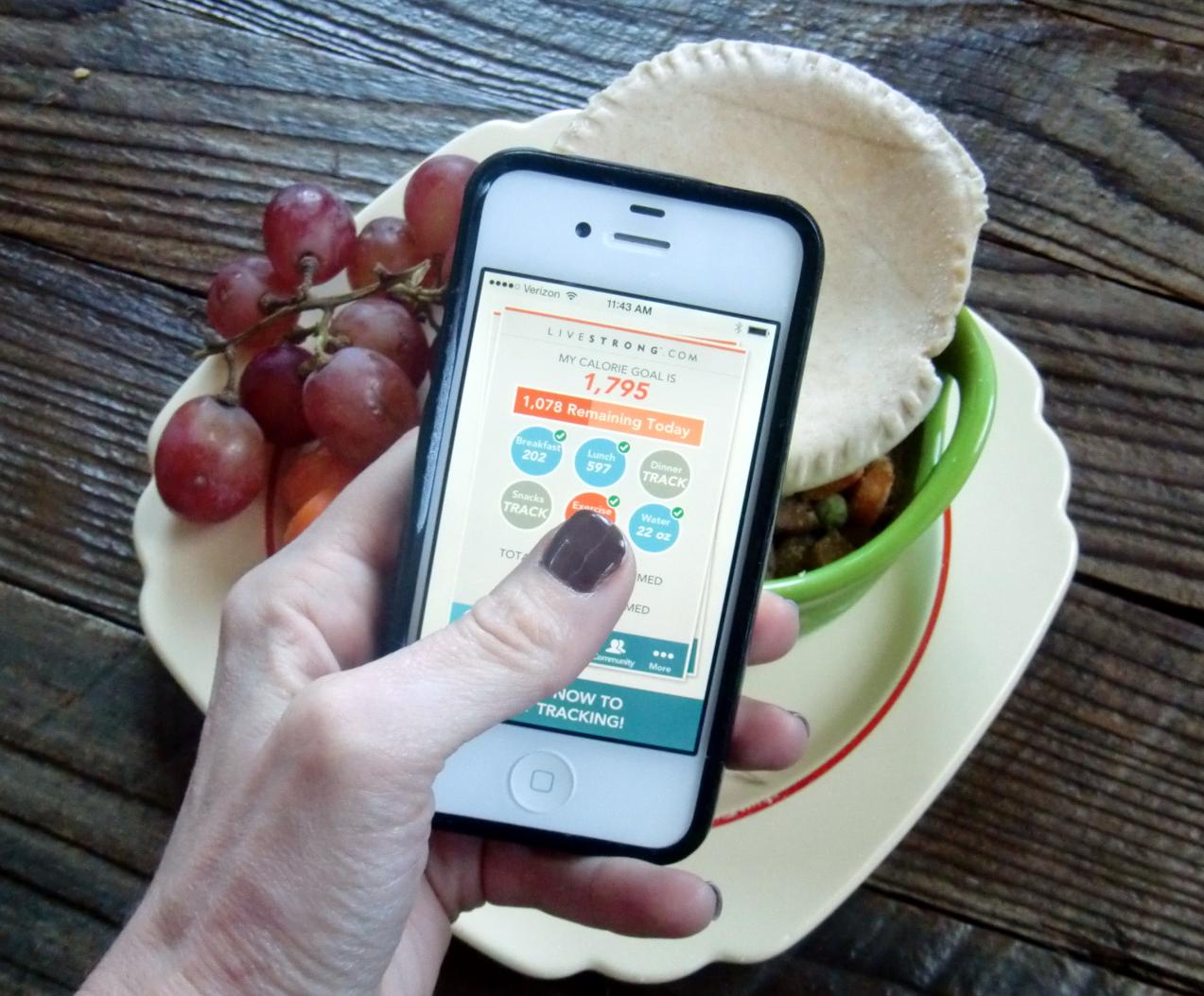Fitness Apps and Calorie Counters: Unveiling the Potential Drawbacks
In the pursuit of health and fitness, technology has emerged as a powerful ally. Fitness apps and calorie counters have gained immense popularity, offering users convenient tools to track their physical activity, monitor their calorie intake, and set health goals. However, it is essential to be aware of the potential drawbacks and limitations associated with these tools to ensure their use is balanced and beneficial.

I. Accuracy And Reliability:
Calorie Counting:
- Inherent Inaccuracy: Calorie estimates provided by apps and calorie counters may not always be accurate. Factors such as food preparation methods, portion sizes, and individual metabolism can significantly affect the accuracy of these estimates.
- Variations in Food Databases: Different apps and calorie counters rely on varying food databases, which may contain conflicting or incomplete information, leading to discrepancies in calorie counts.
Fitness Tracking:
- Device Limitations: Fitness apps and trackers may not accurately measure all forms of physical activity. Variations in algorithms and device capabilities can lead to discrepancies in tracking steps, distance, and calories burned.
- Overestimation of Activity: Some fitness trackers may overestimate activity levels, leading to an inflated sense of calorie expenditure and potentially misleading users about their actual energy balance.
II. Limited Perspective On Health And Fitness:
Overemphasis On Calorie Counting:
- Unbalanced Approach: Focusing solely on calorie intake and expenditure can lead to an unbalanced approach to health and fitness. It neglects other important aspects such as nutrient quality, sleep, stress management, and overall well-being.
- Potential for Obsessive Behavior: Tracking every calorie and workout can become compulsive, leading to anxiety and disordered eating. This can hinder intuitive eating and body awareness, which are essential for long-term health and well-being.
Promoting Unrealistic Expectations:
- Idealized Body Images: Fitness apps and calorie counters often feature idealized body images, which can lead to body dissatisfaction and negative self-perception. This can perpetuate unrealistic expectations about weight loss and physical appearance, potentially leading to disordered eating behaviors.
- Quick-Fix Mentality: Apps that promise rapid weight loss or dramatic body transformations can create unrealistic expectations. Sustainable weight loss and fitness goals require gradual, consistent effort and lifestyle changes, which may not align with the quick-fix mentality promoted by some apps.
III. Data Privacy And Security Concerns:
Data Collection:
- Personal Data Collection: Fitness apps and calorie counters often collect personal data, including activity levels, food intake, and biometric information. This data can be valuable for personalized recommendations, but it also raises concerns about data privacy and security.
- Data Sharing and Misuse: There is a potential for data sharing with advertisers or other companies without users' explicit consent. Additionally, there is a risk of data breaches or unauthorized access, leading to identity theft or targeted marketing.
IV. Conclusion:
Fitness apps and calorie counters can be valuable tools for individuals seeking to improve their health and fitness. However, it is important to be aware of their potential drawbacks and limitations. Overreliance on these tools can lead to an unbalanced approach to health, obsessive behavior, unrealistic expectations, and data privacy concerns. It is essential to use these tools with caution, seek professional guidance when necessary, and maintain a balanced and holistic perspective on health and fitness.
YesNo

Leave a Reply